
Anastasiia Antoniuk is a third-year student at the Faculty of Special Education, Psychology, and Social Work, specializing in Special Education (Speech Therapy). Today, she proudly joins the ranks of Erasmus alumni from Kamianets-Podіlskyi Ivan Ohiienko National University. Between February 16 and June 18, 2024, Anastasiia studied at the University of Gdańsk in Poland, participating in the CA171 International Credit Mobility program.
Anastasiia, can you tell us how you discovered the opportunity for academic mobility, what motivated you to apply, and what your initial preparations involved?
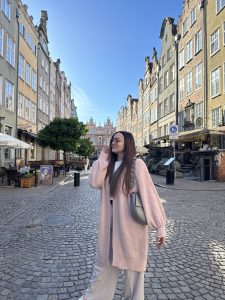
I learned about academic mobility through an announcement on the university website and recommendations from my teachers. I decided to apply because I wanted to gain new experiences, broaden my knowledge and skills, and immerse myself in a different culture and educational system. The first step in preparing for the exchange was gathering all the required documents, including an application form, a motivation letter, academic transcripts for all completed semesters with GPA details, an English proficiency certificate (minimum B1), and a scan of my passport’s main page.
Once I successfully passed all the selection stages and was chosen for the program, I prepared the necessary documents for the University of Gdańsk. I felt reassured knowing that the Office for International Cooperation provided guidance and support throughout the process.
What were your feelings as you packed for the trip? What was your first impression upon arriving in Gdańsk?
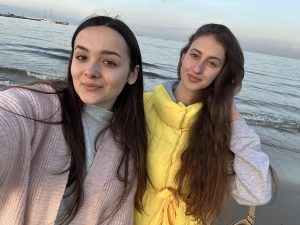 Packing my bags was an emotional moment filled with a mix of excitement for the adventure ahead and nervousness about stepping into the unknown. Arriving in Gdańsk was equally overwhelming and touching. Right from the start, I faced practical challenges like figuring out how to get to the dormitory, finding my way around, wondering how my new classmates would perceive me, and questioning whether I’d manage in this new environment.
Packing my bags was an emotional moment filled with a mix of excitement for the adventure ahead and nervousness about stepping into the unknown. Arriving in Gdańsk was equally overwhelming and touching. Right from the start, I faced practical challenges like figuring out how to get to the dormitory, finding my way around, wondering how my new classmates would perceive me, and questioning whether I’d manage in this new environment.
Thanks to Administration of the University of Gdańsk, which provided supervisory support for students, I received help with adapting, addressing daily issues, and exploring the campus. My new classmates were also incredibly welcoming, which made the transition much smoother. The group of girls I traveled with played a special role in making the experience easier. Being able to speak our native Ukrainian and support one another made a huge difference during our time away from home.
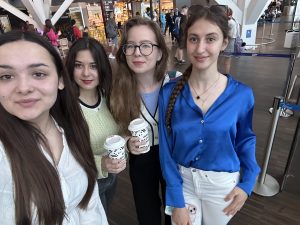
I’m also deeply grateful to the Office for International Cooperation and the faculty at Kamianets-Podіlskyi Ivan Ohiienko National University for their unwavering support. Knowing they were there for me was incredibly reassuring.
What was it like studying in Gdańsk? Are there any changes you’d suggest implementing at your home university based on your experience?
Studying at the University of Gdańsk provided me with valuable knowledge and practical skills. The speech therapy curriculum included courses on phonetics, speech correction techniques, and other highly beneficial subjects.
Additionally, I had the chance to intern at a Polish kindergarten and an international school. Working in a multicultural environment was an enriching experience that helped me refine my professional skills. I also learned new approaches to speech therapy that I plan to apply in my future career.
If I were to suggest changes at my home university, I’d advocate for incorporating more practical classes. My experience in Gdańsk underscored how essential hands-on learning is for preparing students for real-world challenges.
You spent a lot of time with Erasmus students. What stood out to you the most?
Beyond academics, the Erasmus+ program offered incredible opportunities for cultural exchange. Meeting people from different countries expanded my worldview. Activities like group excursions, cultural events, and social gatherings helped me quickly make friends and feel part of a larger international community. We received monthly event calendars, which allowed us to plan and register for activities in advance.
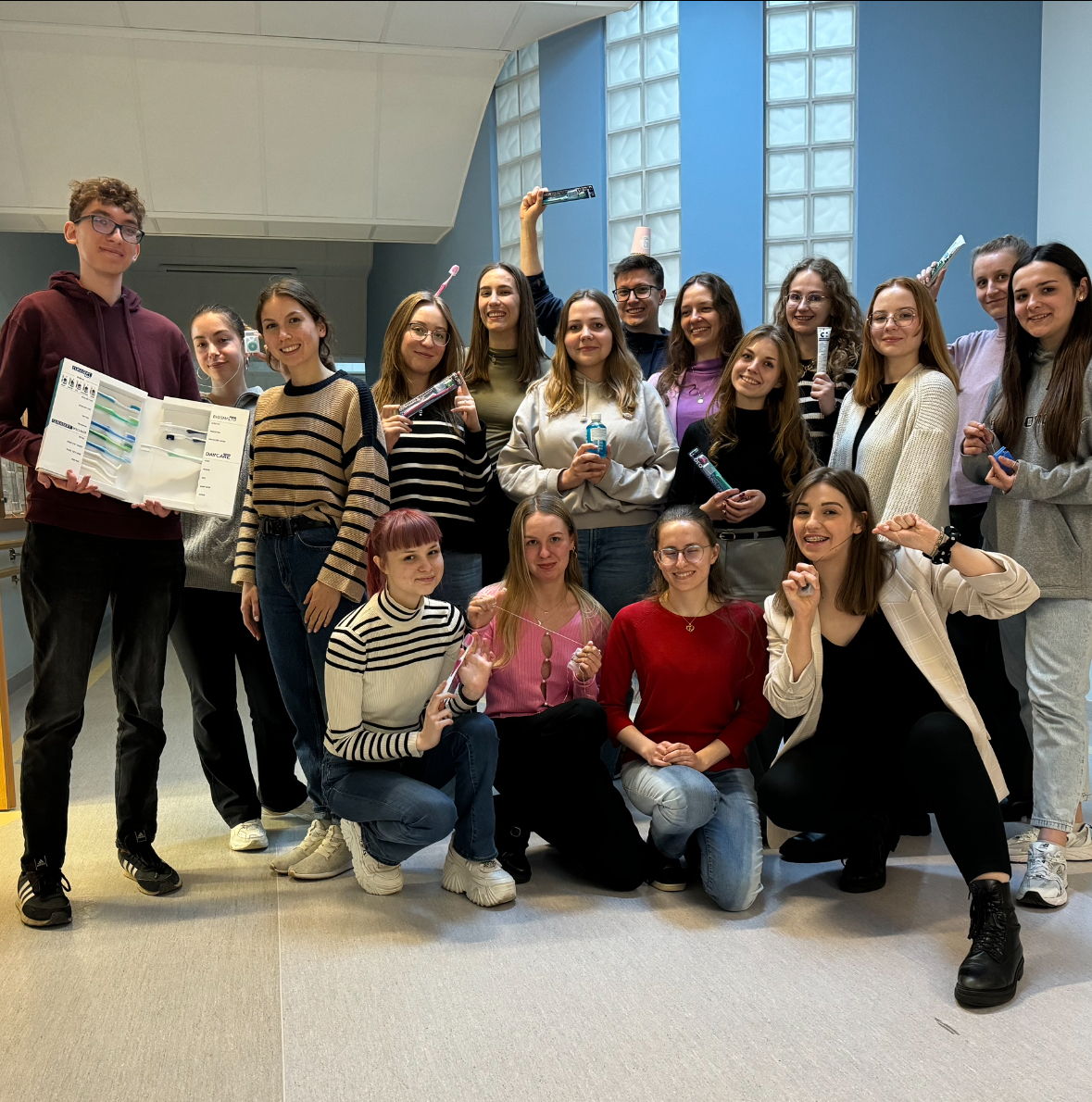
Erasmus+ also opens doors to travel. The grant was sufficient to visit many new places, and with discounted flights, museum admissions, public transport, and more, exploring became accessible. The shared experiences of visiting new destinations and participating in cultural and educational events created lasting memories and strong friendships.
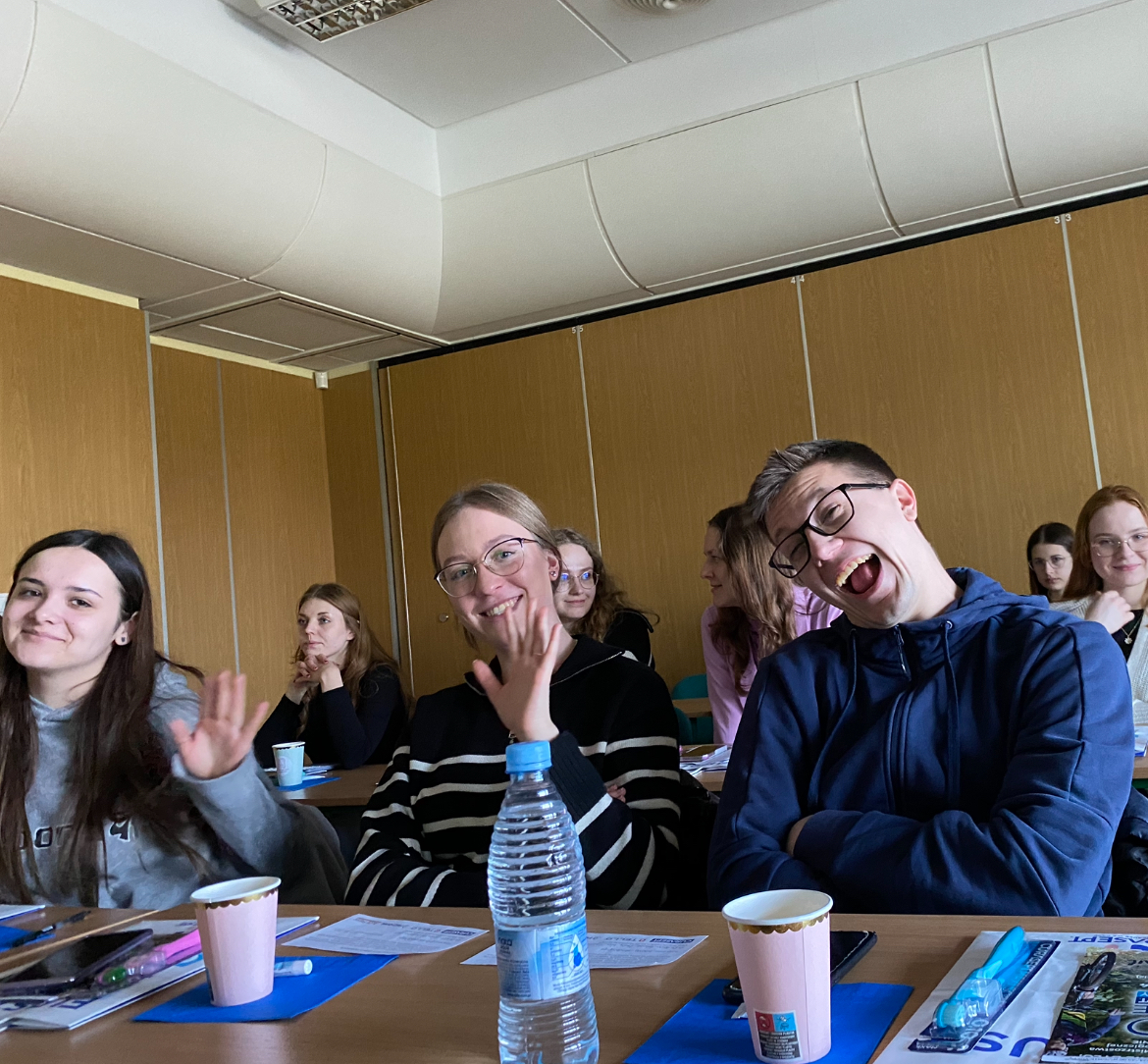
If you could do it all over again, would you take the leap? What advice do you have for other students?
If I could turn back time, I’d absolutely take the leap again. It was an unforgettable adventure that taught me invaluable lessons and created cherished memories. Every time I reflect on my mobility experience, I smile, grateful for every moment.
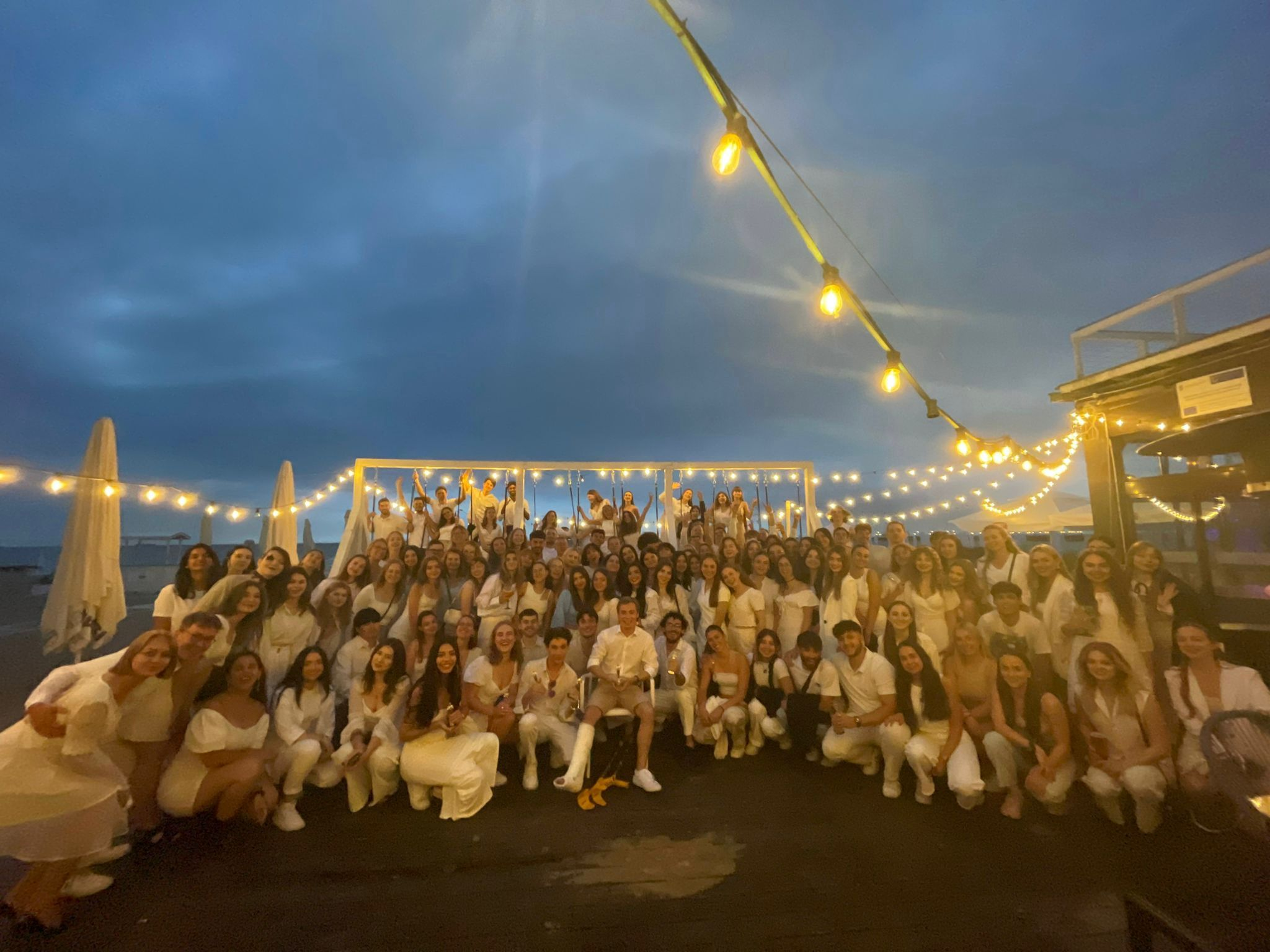
My advice to other students:
- Be open to new opportunities. Don’t be afraid to step out of your comfort zone and explore something new.
- Apply for exchange programs. They offer a unique chance to gain international experience and broaden your horizons.
- Focus on practical learning. Participate in projects and internships to build essential skills.
- Embrace new cultures and friendships. Understanding different perspectives enriches your life in countless ways.
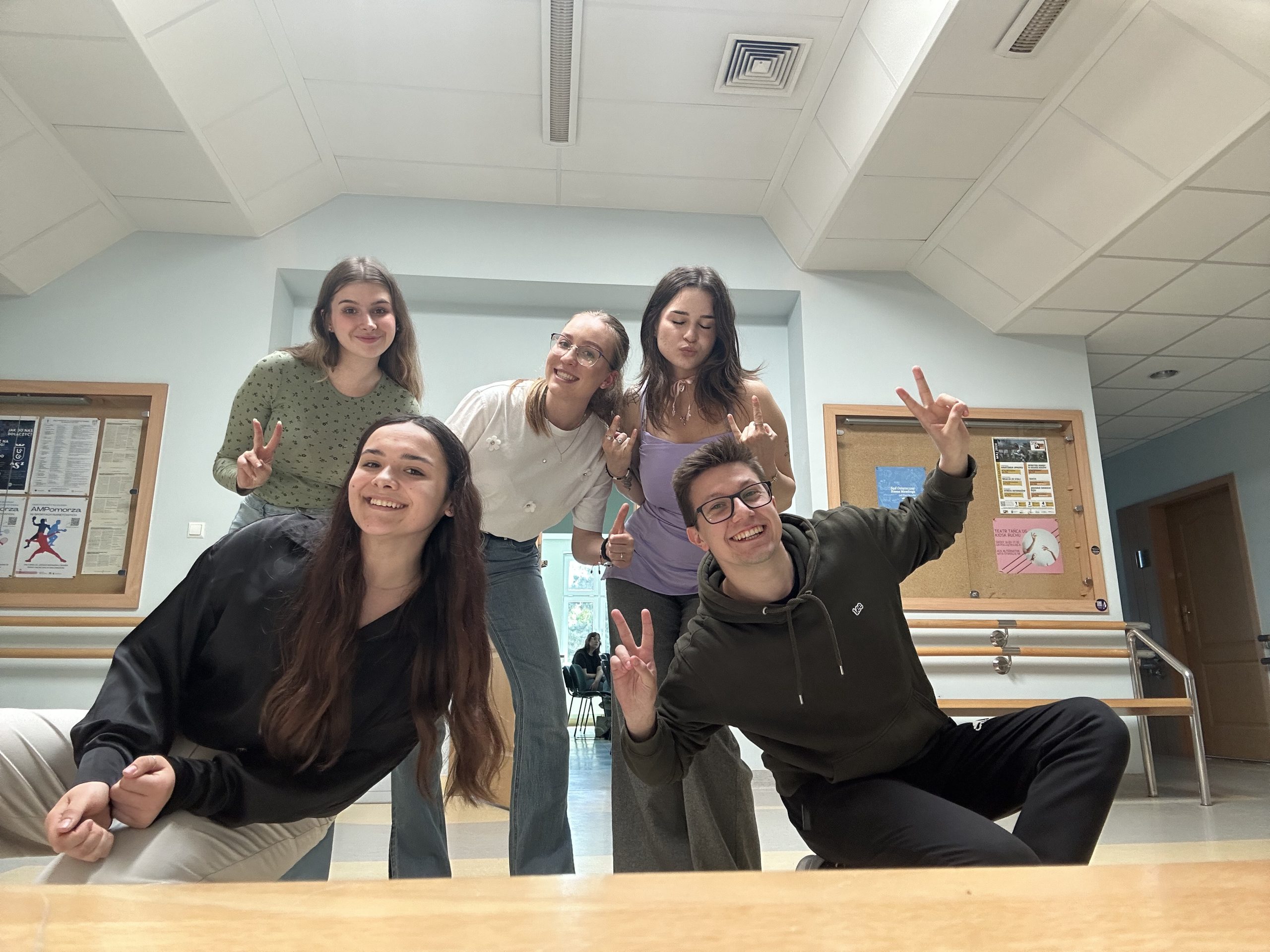
Finally, complete the sentence: Erasmus+ for me is…
Erasmus+ for me is a journey of personal and professional growth. Those months of studying in an international environment gave me invaluable experiences that will stay with me forever. I felt part of a global community, deepened my knowledge, improved my skills, met incredible people, and discovered new horizons. This experience not only prepared me for my future career but also taught me important lessons about independence, adaptability, and cultural diversity.
ONCE ERASMUS, ALWAYS ERASMUS!
Working together for the victory!
